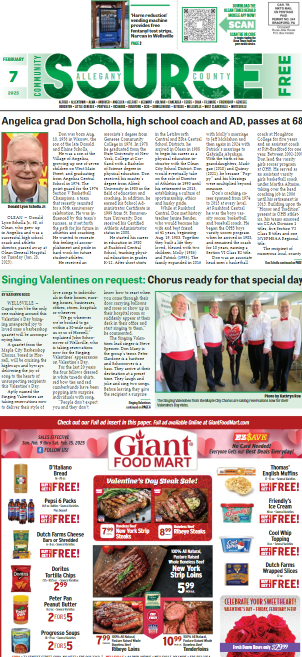In Cutco visit, Langworthy extols eliminating tax on workers’ overtime pay
OLEAN — For manufacturers like Cutco Cutlery Corp., overtime is an important part of doing business — experienced, proven workers taking on extra hours can be preferable to hiring additional







